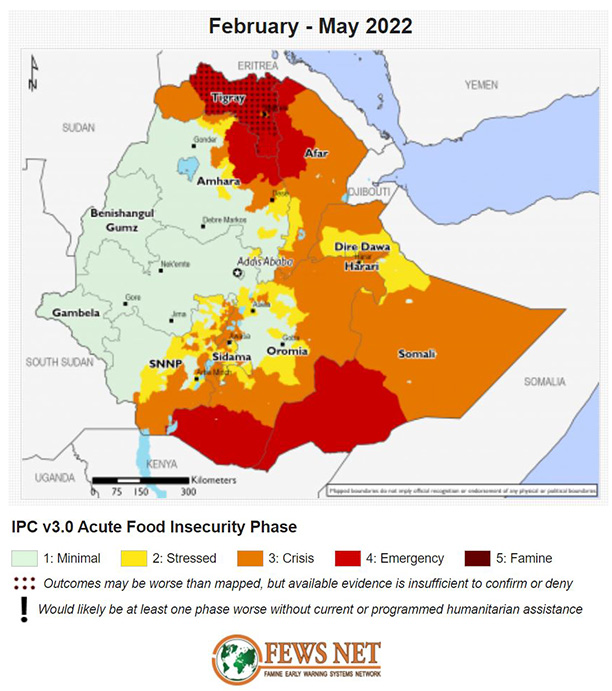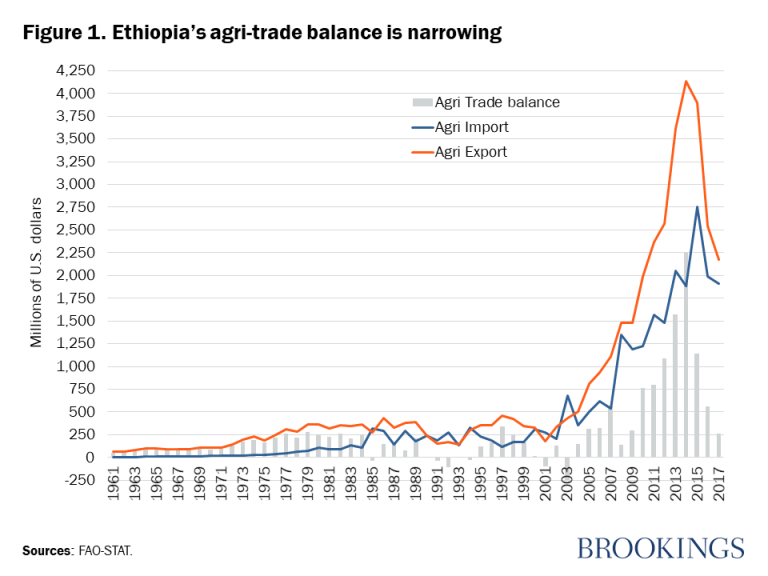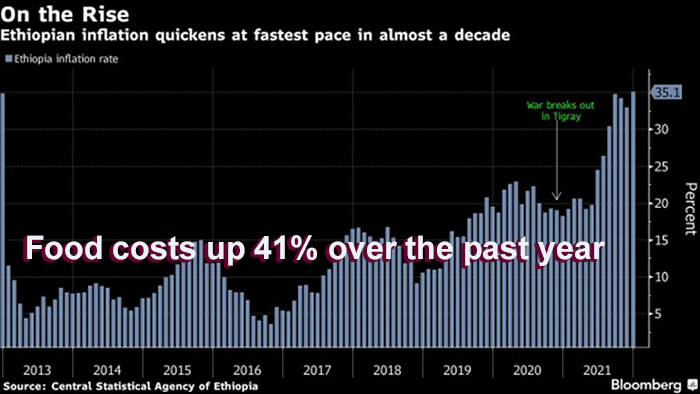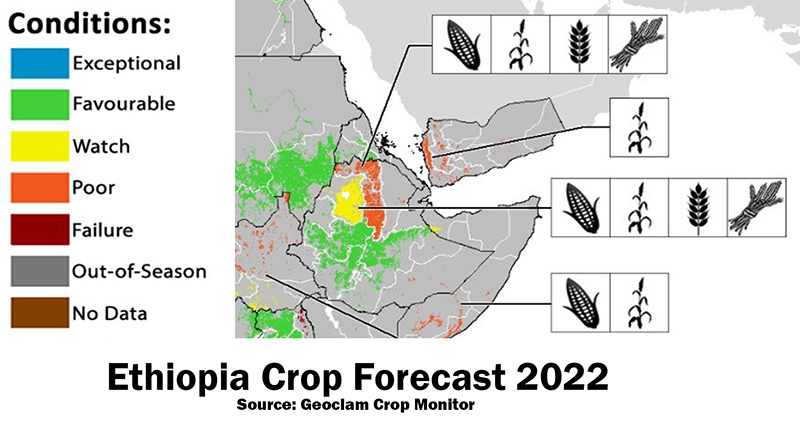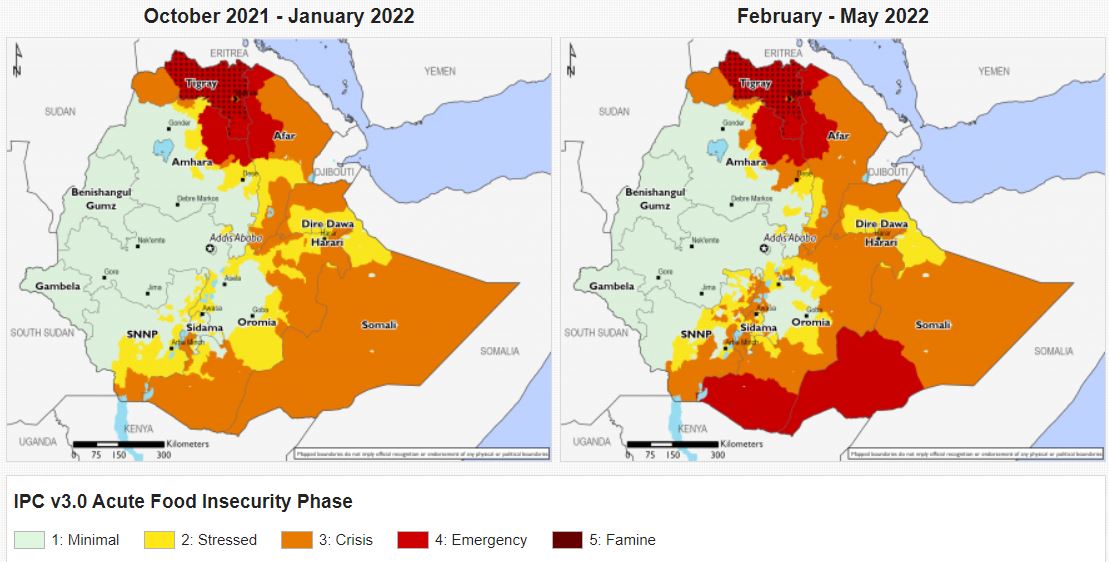
When we think of what has been lost in the Tigray war or the Ukrainian war we count the dead, the injured, and the abused. I had a remembrance of a commercial that was frequently broadcast in the late 1970s while I was a medical student at Harvard titled A mind is terrible thing to waste by the United Negro College Fund. I suddenly had the revelation that what we do not think enough about in war is that we lose our future. A recent reading for Lenten reflection, Embracing Justice, I have done about social justice and what Christ visualized as an ideal society by Isabelle Hamley opines that Jesus calls for society to allow all members to use their talents for the greater whole in accordance with God’s rules of love, forgiveness, and putting others before one’s self. In my sixth decade of life the propensity for the world to be involved in cruel wars has not abated. Jesus in the Gospel remarks that war will be always be with us. A whole generation of talented people who could save lives and contribute to societal development have seen their chance to contribute delayed if not ultimately cancelled. Societies that hold back educational development opportunities for less favored groups, blockade necessities of life, destroy hospitals and schools are actually cheating themselves not just those they discriminate against.
From 2015 to the end of 2020 I was Professor and Chief of Neurosurgery at Mekelle University Ayder Comprehensive Specialized Hospital in the Tigray state of Ethiopia. After medical school our residents would go through a five year program to become neurosurgeons. I also taught medical students, surgery residents, and PhD candidates in Neurobiology. The vast majority of students I mentored at Mekelle University in Tigray demonstrated amazing maturity, original thinking, superb problem solving, and keen interest in playing a positive role for their community. Fellows and Senior residents would effectively come up with novel surgical ideas. A young faculty member who later became a PhD candidate published research on neural tube defects that attracted world wide attention. It served as a catalyst to develop prevention strategies for all of Ethiopia.
Not just Tigray is being affected. Ethiopia is bankrupt from spending more than $6 billion in weapons while drastically cutting budgets for education and healthcare. Food shortages, fuel shortages, and sky rocketing consumer prices for essential items are crippling Ethiopia. I cannot see how anyone in Ethiopia imagines their life now is better than it was before November 2020.
Adherence to God’s teaching maximally optimizes the transformation of the community. This transformation occurs because the interaction between God and man opens up new possibilities that man alone could not ponder. Societal downfall occurred in the Bible when leaders became fixated on their own advancement in ancient Israel. This corruption spread then throughout society and was inherited in subsequent generations. War, corruption, greed, and diminished belief in faith reduces the ultimate potential of societies members.


